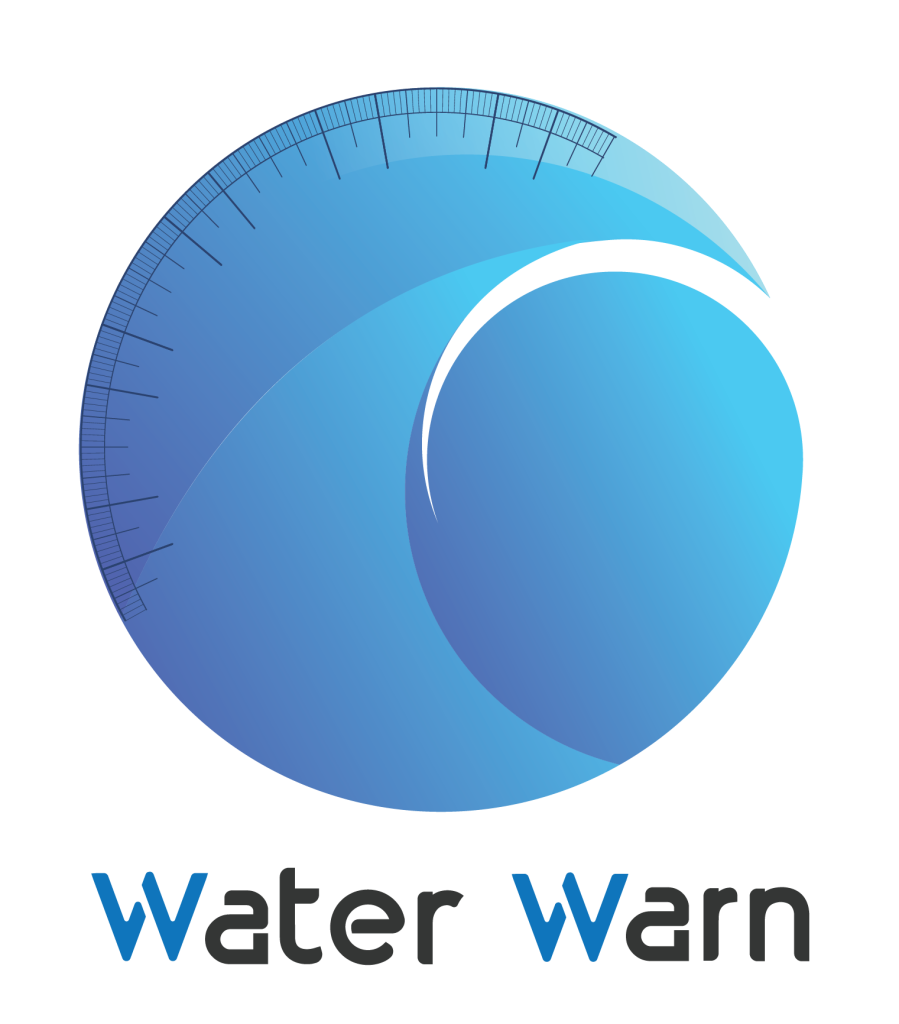With increasing awareness of water deficiency, the majority of homeowners are in search of feasible ways on how to save water in smart homes. The rise of affordable smart water management systems heralds easy-to-apply solutions for quantifying home water waste and promoting conservancy. It renders water conservation effortless, low-priced, and a part of everyday life, which aligns technology with sustainability goals.
One of the key innovations behind this movement is the water saving device—small, easy to install, and with the potential to transform the way families consume water. Scientific evidence points out that smart water management devices not only conserve wastage but also encourage behavioral change, making conservation an effortless aspect of daily life. This article explains how these convenient solutions are revolutionizing water efficiency in homes.
The Science Behind Water Usage Reduction Devices
Scientific studies reveal that a significant portion of household water waste stems from leaks, inefficient fixtures, and prolonged usage. Water usage reduction devices utilize sensors, flow regulators, and real-time monitoring to detect and control waste. These devices are based on principles validated through rigorous research that shows small adjustments—like flow restrictors and smart shutoff valves—can deliver substantial savings.
By integrating with existing plumbing systems, these devices collect data on water flow and usage patterns, providing insights that enable homeowners to make informed decisions. The research underscores how technological interventions can create tangible conservation benefits without sacrificing comfort, especially when supported by monitoring household water waste and behavioral prompts via smartphone apps.
How to Save Water in Smart Homes with Innovative Devices
The knowledge of how to save water in smart homes is a blend of technological assistance and behavioral modification. The presence of affordable smart water management devices—such as smart leak sensors, flow regulators, and water-efficient appliances—allows homeowners to be in control of their consumption.
These systems send real-time alerts, usage data analysis, and automated controls to avoid wastage. For instance, a home water wastage monitor feature can notify residents of leaks or overuse before costly damages occur. Scientific evidence confirms that the families using the devices actively lower their water consumption by up to 30%, demonstrating that both the union of technology and awareness campaigns translate to significant reductions.
Monitoring Household Water Waste Effectively
Monitoring household water waste with accuracy is needed to identify inefficiencies and offer targeted conservation practices. Clever sensors and meters track water flow continuously, monitoring information that isolates leak points, excess use, or abnormal patterns.
Such findings allow homeowners and property managers to detect leaks immediately, reducing water expenses and the impact on the environment. Observations from research studies prove that transparent and tangible information regarding water usage significantly affects behavior, enabling conservation. Many affordable smart water management systems now have intuitive dashboards for anyone to play a direct part in eradicating household water wastage.
Features of Smart Water Management Systems
The key to widespread adoption is affordability paired with effectiveness. Affordable smart water management systems combine cost-efficient sensors, easy installation, and intuitive interfaces to fit any budget. These solutions typically include flow restrictors, leak detectors, and centralized monitoring via mobile apps or web dashboards.
Scientific validation confirms that even modest investments in such systems lead to reduction in water consumption and leak-related damages. These systems often operate on low power, with some models powered by water flow or low-cost batteries, emphasizing sustainability and accessibility. The democratization of smart water technology is making water conservation feasible for a broad demographic, helping communities meet sustainability goals without hefty investments.
Tips for Maximizing Water Savings at Home
Maximizing your home’s water savings isn’t solely a matter of technology—habits matter too. Simple practices, such as showering for shorter periods, fixing leaks promptly, and operating dishwashers and laundry machines only when full loads are available, contribute significantly to conservation.
Scientific research establishes that the most successful results occur when smart water management devices are used in tandem with everyday practices. Installing water usage alerts to notify you of abnormal patterns, and arranging for regular checks against leaks, can prevent wastage without you being aware. Educating your household members on water-saving measures adds to the effectiveness, turning it into a culture of conservation at home. Technology has never simplified monitoring domestic water wastage and promoting reduction on a continuous basis.
Conclusion
In the quest for how to save water in smart homes, the combination of water usage reduction devices, monitoring household water waste, and affordable smart water management sets the stage for smarter, greener living. These innovations provide practical, scalable solutions that empower homeowners to cut waste, lower bills, and protect vital water resources.
Adopting affordable smart water management systems isn’t just environmentally responsible; it’s a smart financial decision. With a blend of technology, behavioral awareness, and simple habits, every household can contribute to a sustainable future. Start today—making your home smarter is a crucial step in water conservation.

